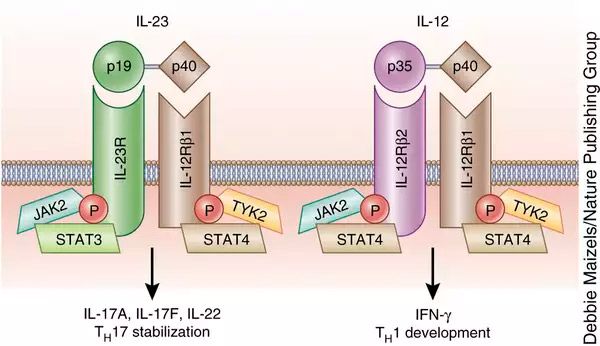Medical expert of the article
New publications
A new psoriasis medication has been created - Tildrakizumab
Last reviewed: 02.07.2025

All iLive content is medically reviewed or fact checked to ensure as much factual accuracy as possible.
We have strict sourcing guidelines and only link to reputable media sites, academic research institutions and, whenever possible, medically peer reviewed studies. Note that the numbers in parentheses ([1], [2], etc.) are clickable links to these studies.
If you feel that any of our content is inaccurate, out-of-date, or otherwise questionable, please select it and press Ctrl + Enter.
The newest antipsoriatic drug Tildrakizumab has already successfully passed the first clinical trials: it has been established that the drug is well tolerated by patients who suffer from severe and moderate forms of psoriasis.
" Psoriasis is a complex pathology that is almost impossible to cure completely. For fifteen years, we have been studying any possible treatment for this disease, and have made some progress: according to the latest trials, the new drug we have developed successfully blocks a key link in the chain of psoriasis development, eliminating the painful symptoms of the disease," says Professor Alexa Kimbell, who is a leading dermatologist at Harvard University and Beth Israel Medical Center.
The newest drug, Tildrakizumab, is a combination of selectively reacting monoclonal antibodies, which belong to the class of biologics. The drug is similar to molecules produced in the body to combat disease.
Tildrakizumab belongs to a class of drugs called selective interleukin-23 inhibitors.
Clinical trials of the new drug were funded by the pharmaceutical company Merck.
The studies involved almost two thousand patients with various forms of psoriasis, who were treated in different clinical centers in several countries around the world.
The volunteer patients participating in the experiment had more than 30% of their torso surface affected by psoriasis. They were randomly divided into three groups. The first group received intravenous injections of the new drug in the amount of 200 mg. The dosage for the second group was 100 mg. The third group of patients received a placebo drug.
After 12 weeks of therapy, 65% of patients showed a stable improvement in their condition: they had almost completely gotten rid of the leading symptoms of psoriasis. In the group that took the placebo, improvement was recorded in only 10% of cases.

"Of course, we still have a lot of work to do to improve the new drug. Our task is to make the medication extremely effective with minimal risk of affecting the work of other organs and systems. The results of the study indicate that stopping the experiment after twelve weeks was unwise: this is too short a period of time to obtain correct and truthful results on the degree of cure of psoriasis," the authors of the study note.
Previously, medical specialists used primarily first-generation drugs to treat psoriasis, which appeared on the pharmaceutical market about fifteen years ago. These drugs allowed for a qualitative improvement in the indicators and frequency of remissions in patients with severe forms of the disease.
The drug Tildrakizumab, recently developed by scientists, should significantly improve the quality of psoriasis treatment.
The results of the latest research in this area can be found in the pages of the scientific journal The Lancet.


 [
[